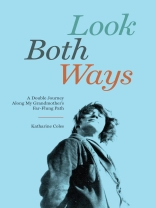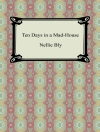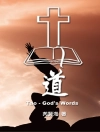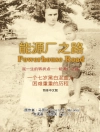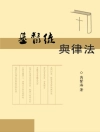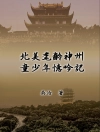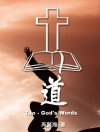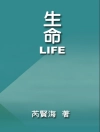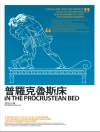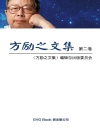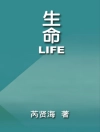‘Tense, abundantly researched, and heartbreaking . . . Coles makes sense of the unique forces that shaped women in the twentieth century.’ —Foreword Reviews
Walter Link and Miriam Wollaeger, a young geologist couple in 1920s Wisconsin, set out to find oil to supply the surging U.S. demand. This exciting work will allow them to build their lives in South and Central America, Indonesia, and Cuba. But from the first posting in Columbia, they quickly discover that no women are working in the field in these places. While Walter faces the hardships and thrills of exploration in the jungles and mountains, and eventually becomes chief geologist for Standard Oil, Miriam is left behind in the colonial capitals during Walter’s often lengthy times away. She defines herself through the limited means left to a woman within their small societies: playing bridge or polo by day and dancing into the wee hours with early KLM pilots, diplomats, and the footloose sons of moneyed Americans and the European aristocracies. She also raises three children, has intimate involvements, learns the local languages, and takes up teaching. But she is not satisfied. And finally she does something about it.
Following in her grandparents’ footsteps, author Katharine Coles looks backward and forward, through documents and imagination. She looks at their journeys and hers, and mingling their words with her own, examines the delicate balances that must exist in a successful marriage and a feminist life.
About the author
Katharine Coles is the author of two novels and six collections of poems, the fifth of which, The Earth Is Not Flat, was written under the auspices of the National Science Foundation’s Antarctic Artists and Writers Program. The recipient of grants from the NEA, the NEH, and the Guggenheim Foundation, she has served as Poet Laureate of Utah, and was inaugural director of the Poetry Foundation’s Harriet Monroe Poetry Institute. She is a Distinguished Professor of English at the University of Utah, and is currently working with Poet’s House to develop a program that will bring poetry into libraries and natural history museums.
